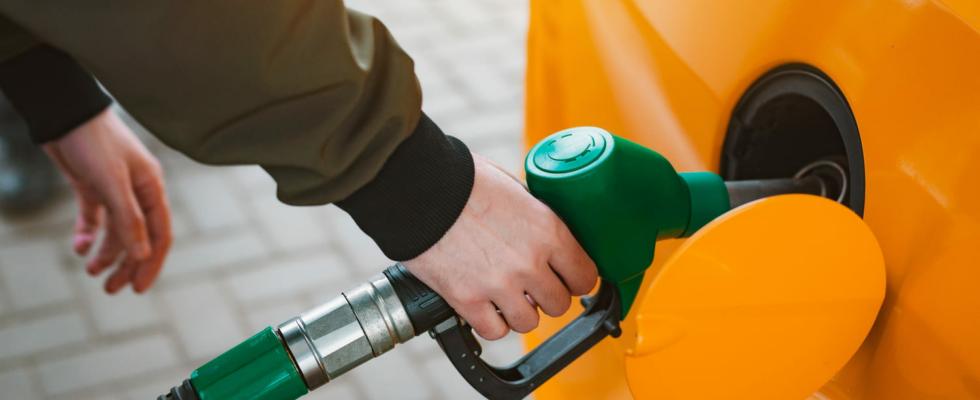If the electric car captures all the attention in terms of energy transition, there are also solutions to reduce the environmental impact of good old thermal engines.
The question of individual mobility and its greenhouse gas emissions is a central subject in terms of energy transition. In 2020, transport was still the leading GHG emitting sector in France, with 28.7% of total emissions, according to figures from the Ministry of Ecological Transition. And within these emissions, 60.7% were attributable to passenger cars alone. Reducing the ecological impact of individual vehicles is therefore a major priority in the context of adaptation to climate change.
With this in mind, the strategy adopted by Europe and the French Government is clear and unambiguous: outside of the electric car, there is no salvation. With the ban on the sale of new thermal vehicles desired by the European Union for 2035, one might think that the future will belong solely to electric motorization. However, there are other paths and technological innovations which can also contribute to reducing greenhouse gas emissions from the transport sector, without leaving aside the owners of thermal vehicles.
Among these avenues are synthetic fuels of plant origin. Although bioethanol is undoubtedly the best known, there is also another category, obtained from oil and its derivatives, biodiesel. And one of these biofuels shows rather promise: HVO100, for Hydrotreated Vegetable Oil (Hydrogenated Vegetable Oil) makes it possible to power the Diesel engines with which millions of vehicles in circulation are equipped. Partly made from old vegetable oils and grease residues treated with hydrogen, its cumulative CO2 emissions, from its production to its use, are 50 to 90% lower than those of a classic fossil fuel.
Its large-scale deployment would therefore make it possible to extend the life of many diesel-powered vehicles while significantly reducing CO2 emissions linked to their use. When we consider that the manufacture of a new vehicle, even an electric one, emits a lot of greenhouse gases, it is not counterproductive to want to extend the lifespan of vehicles already in circulation, in order to amortize as much as possible. their carbon footprint. In Europe, the HVO100 is currently reserved for so-called captive professional fleets, which have their own fuel storage, and it is therefore not accessible to individuals.
However, things have just changed across the Rhine: since May 29, 2024, HVO100 biofuel can now be sold at gas stations in Germany. Good news for German owners of Diesel vehicles and which perhaps foreshadows the imminent arrival of the HVO100 at the pump in France. Although this biofuel is more expensive than conventional diesel, up to 20 cents more per liter for B7 diesel, its arrival would nevertheless constitute an interesting alternative for owners of thermal vehicles who do not necessarily have the possibility of skipping the not electric.
